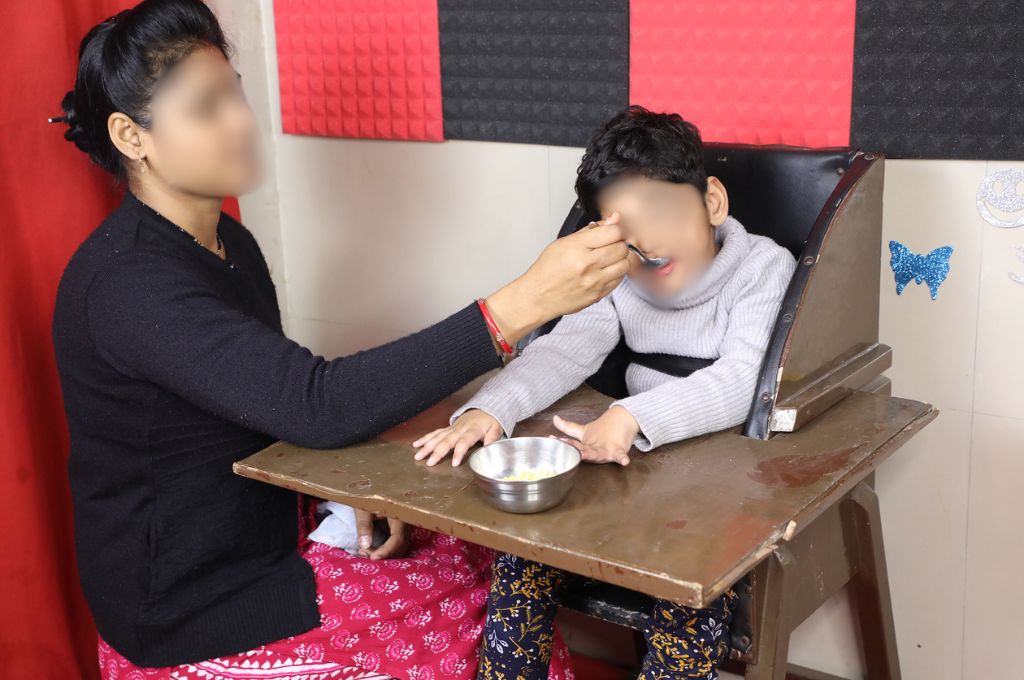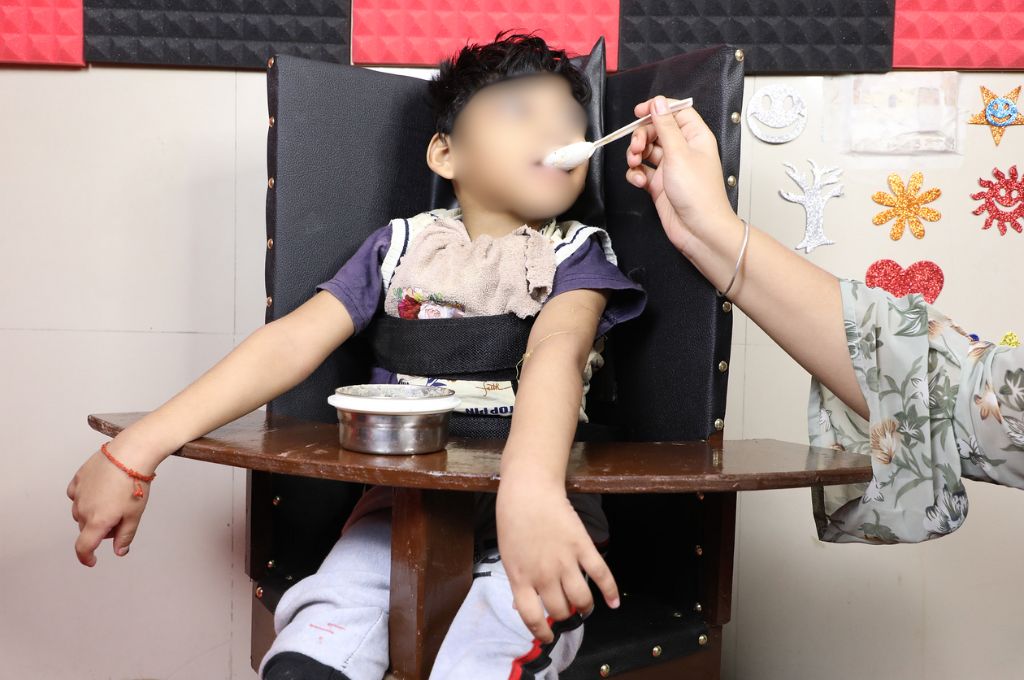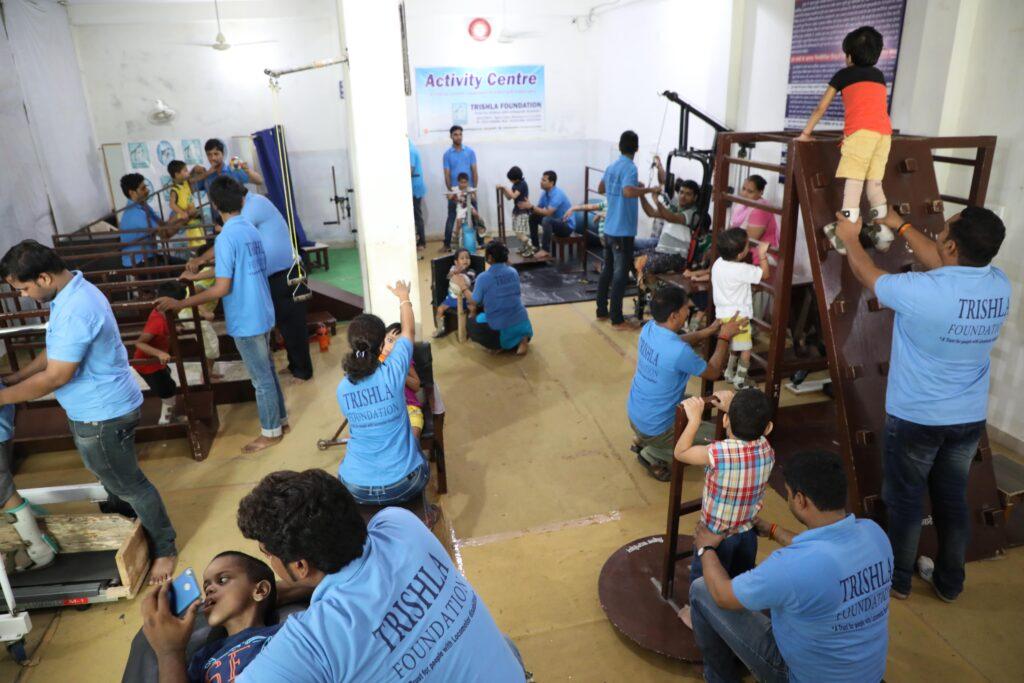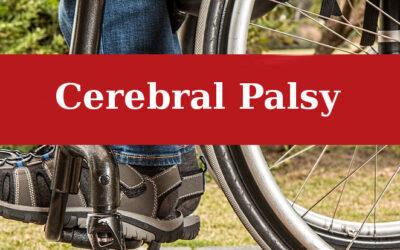Understanding Cerebral Palsy Eating and Feeding
Cerebral Palsy (CP) is a neurological condition that affects a child’s ability to eat, chew, and swallow effectively. Proper nutrition, eating, and feeding techniques are crucial for children with CP to support their growth, development, and overall health. We will provide valuable eating and feeding tips for parents and caregivers of children with CP. These tips are designed to help children with CP receive the nutrition they need while making mealtime a positive and enjoyable experience.
Eating and Feeding Tips
1. Consult with a Healthcare Professional
Begin by consulting with a healthcare professional, such as a pediatrician, speech therapist, or occupational therapist, specializing in treating children with CP. They can assess your child’s specific feeding and nutritional needs.
2. Individualized Eating and Feeding Plan
Work with healthcare professionals to create an individualized eating and feeding plan tailored to your child’s unique needs, considering their CP-related challenges.
3. Positioning During Feeding
Proper positioning is crucial during feeding to ensure safe and effective swallowing. Considering your child’s needs, consider using supportive devices, such as high chairs and adaptive seating, to maintain an upright and stable position.
4. Timing of Meals
Schedule meals and snacks at regular intervals to establish a routine that your child can anticipate. This consistency can help children with CP feel more comfortable during mealtime.
5. Texture Modifications
Some children with CP may have difficulty swallowing certain textures of food. Modify food textures as recommended by your healthcare professional. This may involve pureeing, mashing, or thickening foods to make them safer and more accessible to swallow.
6. Use Adaptive Utensils
Adaptive utensils, such as specially designed spoons and forks, can make self-feeding more manageable for children with motor challenges. These utensils often have larger handles for better grip and control.
7. Encourage Self-Feeding
Encourage your child to participate in self-feeding to the extent they are able. This can help improve their motor skills and foster independence. Be patient and assist as needed.
8. Monitor for Signs of Aspiration
Children with CP may be at a higher risk of aspirating (food or liquid entering the airway). Watch for coughing, choking, or breathing difficulties during or after meals. If you notice any of these signs, consult your healthcare professional immediately.
9. Adequate Hydration
Ensure that your child stays adequately hydrated. Offer water or other suitable beverages throughout the day. Proper hydration can help with digestion and overall health.
10. Nutrient-Dense Foods
Focus on providing nutrient-dense foods rich in protein, vitamins, and minerals. These foods can help support your child’s growth and development. Examples include fruits, vegetables, lean proteins, and whole grains
11. Experiment with Food Textures
Gradually introduce different food textures to help your child become more comfortable with various foods. Start with smoother surfaces and slowly progress to more textured options.
12. Address Gastrointestinal Issues
Children with CP may be more prone to gastrointestinal issues, such as constipation. Ensure that your child’s diet includes fiber-rich foods, and consult a healthcare provider for guidance on managing gastrointestinal concerns.
13. Behavioral and Sensory Considerations
Be aware of your child’s sensory preferences and aversions regarding food. Children with CP may have sensory sensitivities that affect their eating habits. Be patient and accommodating to their sensory needs.
14. Multidisciplinary Team Approach
Consider working with a multidisciplinary team that includes a pediatrician, speech therapist, occupational therapist, and nutritionist. This collaborative approach can comprehensively support your child’s feeding and nutritional needs.
15. Keep Mealtime Positive
Maintain a positive and relaxed atmosphere during mealtime. Avoid pressuring your child to eat or using food as a reward or punishment. Create an enjoyable and stress-free environment to encourage healthy eating habits.
16. Seek Support and Education
Connect with support groups or organizations like Trishla Foundation, where you can find guidance, resources, and a community of parents and caregivers facing similar challenges. Education and emotional support can be invaluable.
17. Regular Follow-Ups
Schedule regular follow-up appointments with healthcare professionals to monitor your child’s progress and adjust the eating and feeding plan as needed. Children with CP may have changing needs as they grow and develop.
18. Be Patient and Flexible
Understand that eating and feeding challenges may persist, and progress may be gradual. Be patient and flexible in adapting to your child’s changing needs and preferences.
Conclusion
Providing proper nutrition and managing feeding challenges for children with Cerebral Palsy requires a thoughtful and individualized approach. Consulting with healthcare professionals, creating a tailored eating and feeding plan, and ensuring a positive mealtime environment are essential steps in promoting your child’s growth and well-being. With patience, support, and the right strategies, parents and caregivers can help their children with CP develop healthy eating habits and thrive. Remember that every child is unique, and what works best for one child may differ from what works for another, so stay open to adjustments and always prioritize your child’s well-being.




